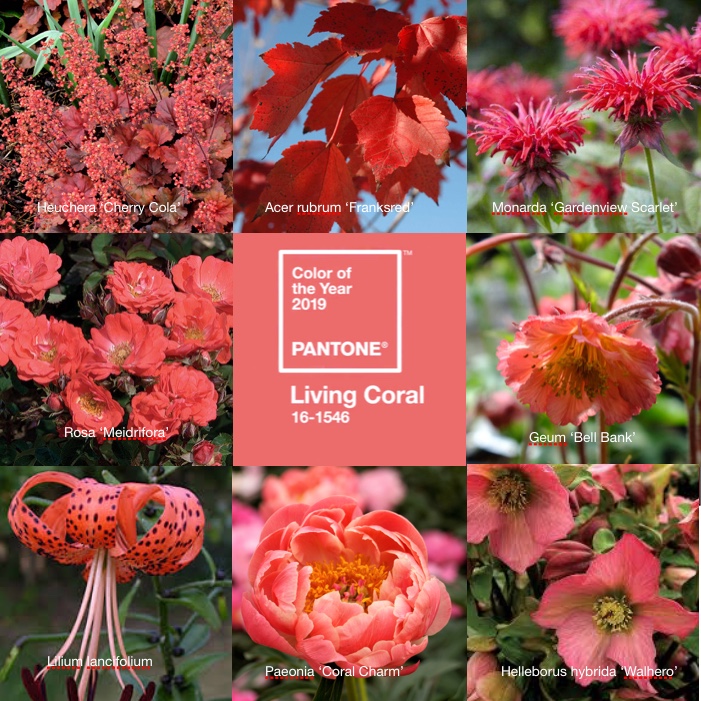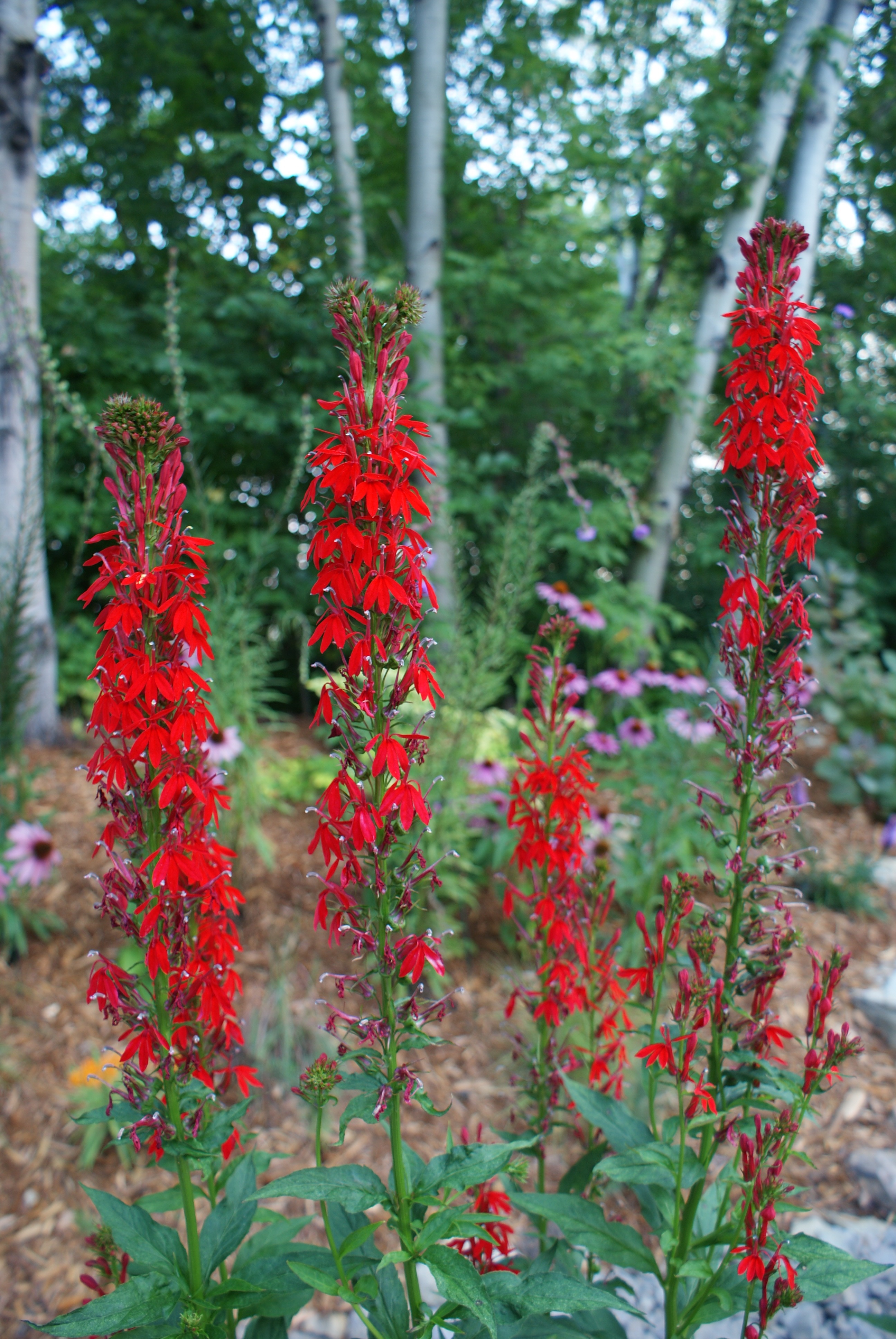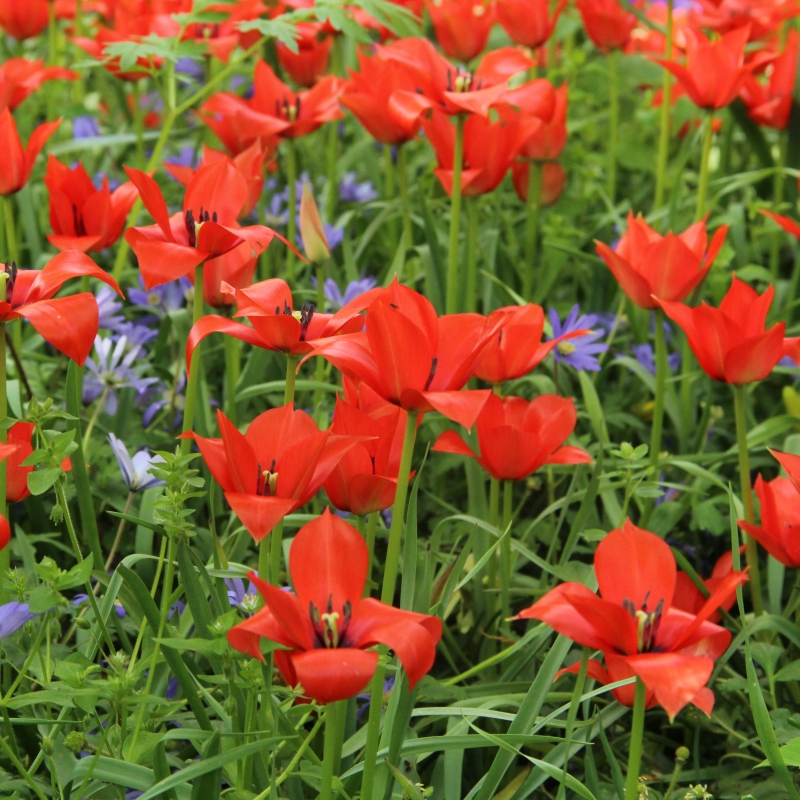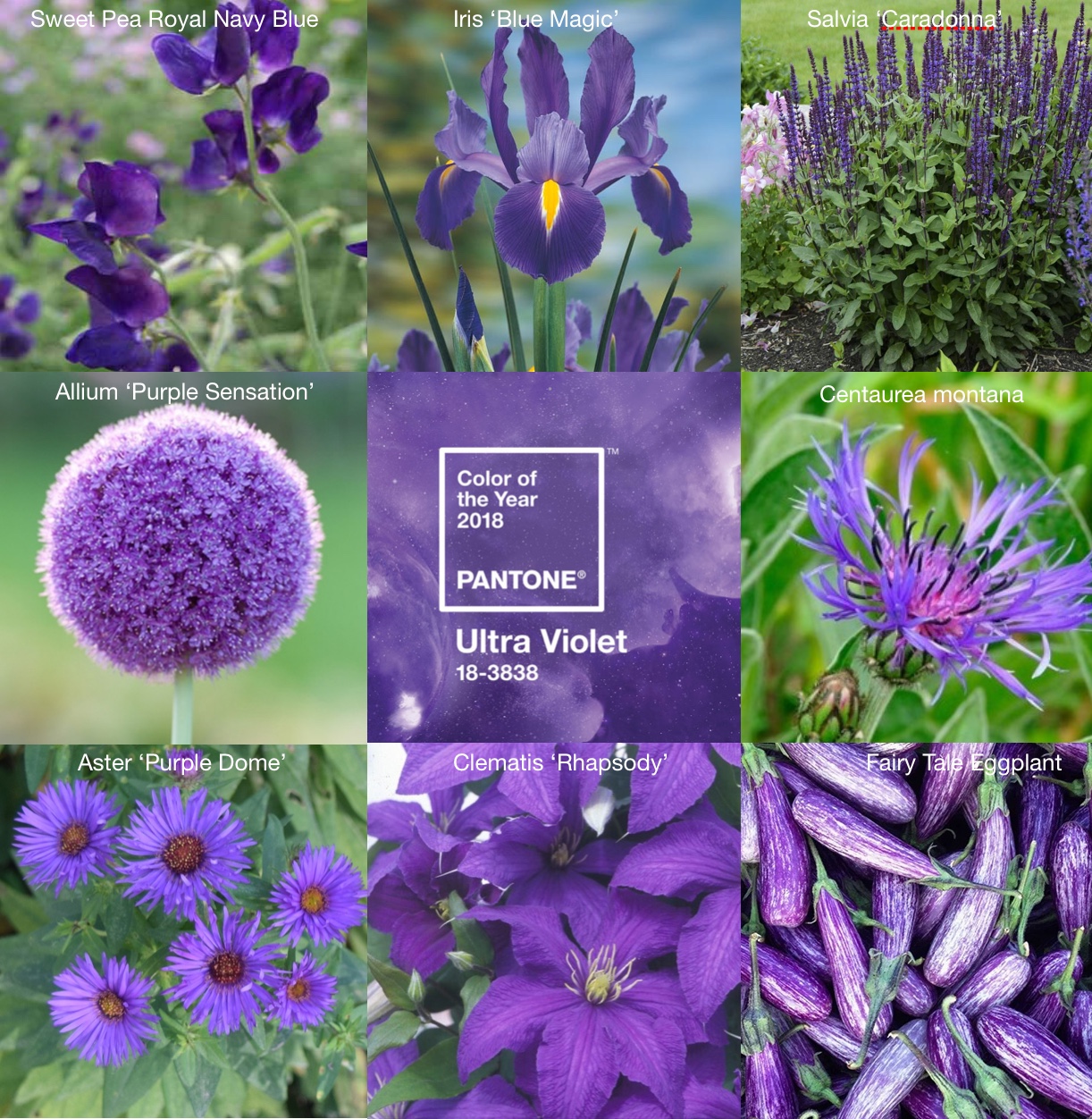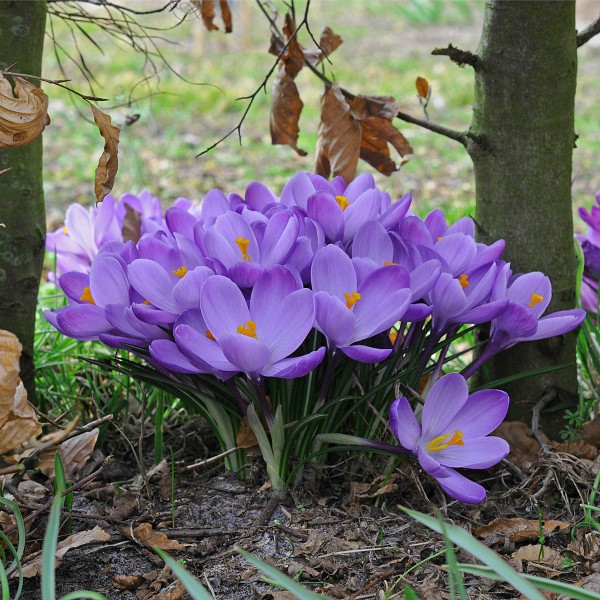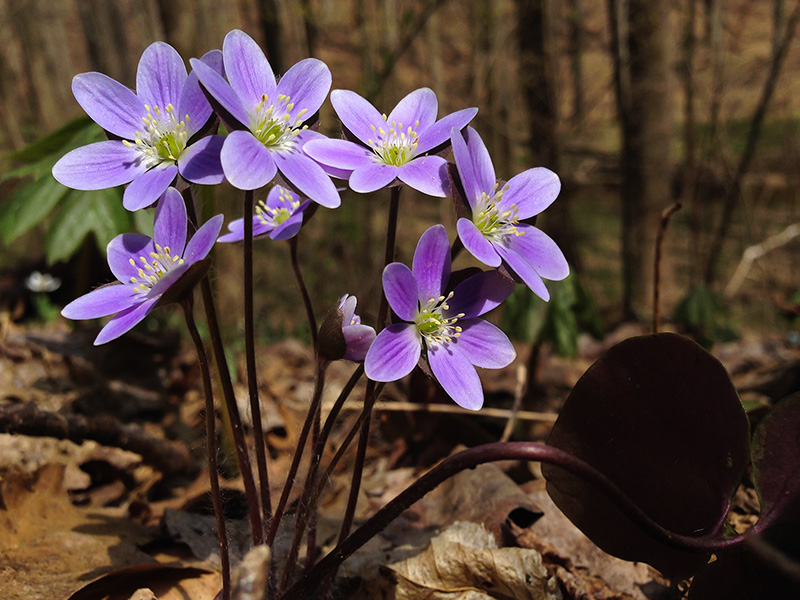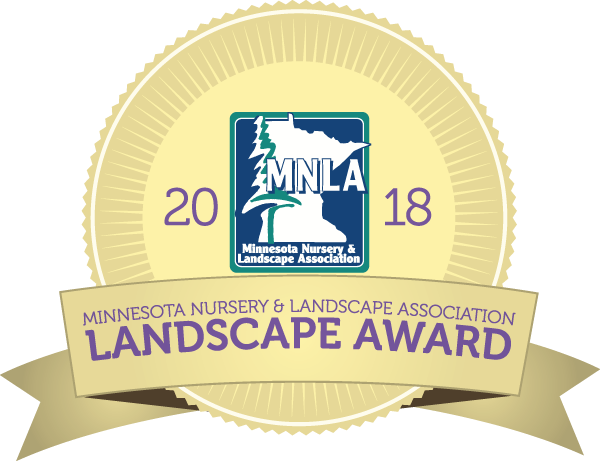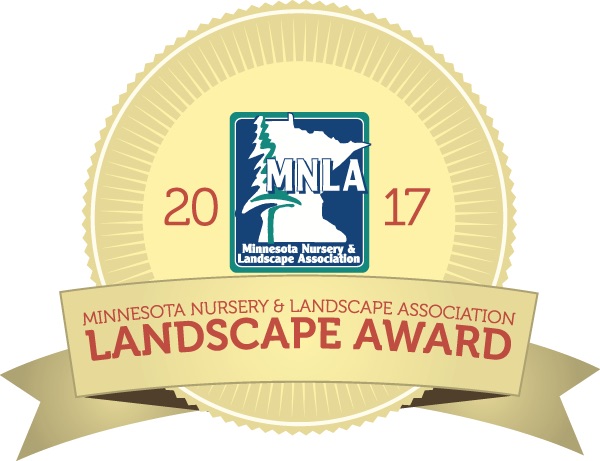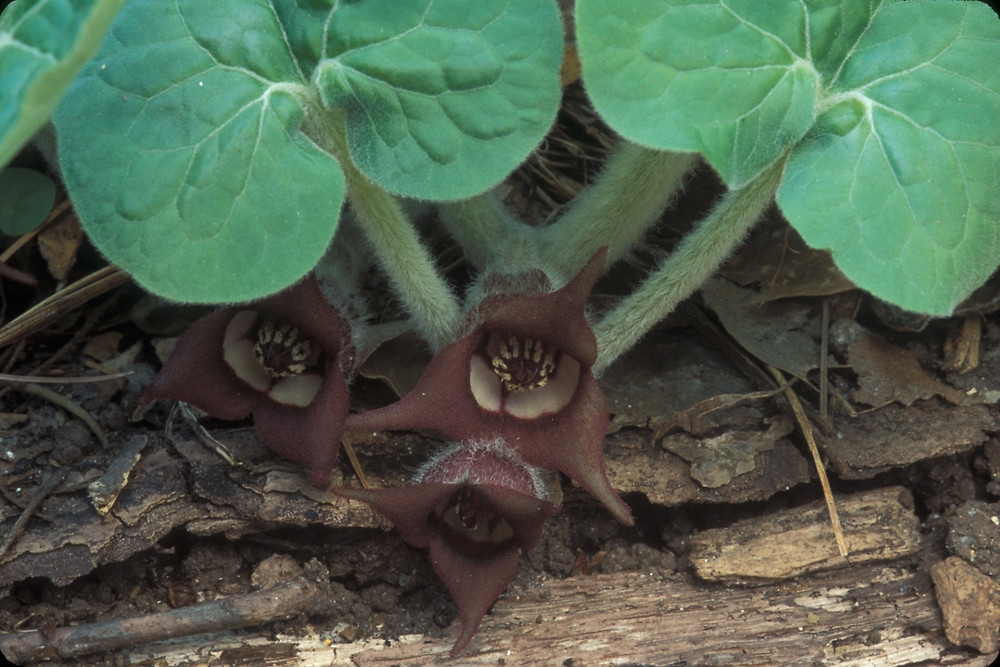
Welcome to a beginning of another landscape season, well a few months off still here in Minnesota. In thinking about how to start the new year I was struggling on which plant should I feature; bold, colorful, common, evergreen, shrub, etc. But then I thought about a common request I receive each year, ‘My…
